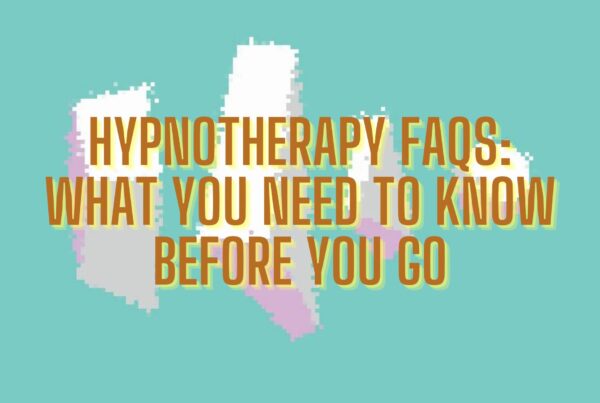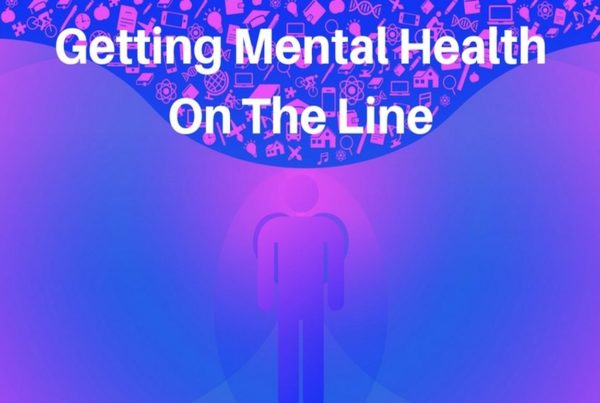The Power of Self-Validation: Overcoming the Need for Approval
Validation is a natural human need. From childhood, we seek acknowledgment and approval from others—parents, teachers, and later, colleagues and partners. However, when this need for external validation grows to define how we see ourselves, it can become emotionally and mentally exhausting. While it’s perfectly fine to seek affirmation from time to time, excessive reliance on external approval can harm our self-esteem and hinder personal growth. Learning to shift from external to internal validation is key to fostering genuine self-worth and emotional resilience.
What Is Validation and Why Do We Crave It?
At its core, validation refers to the recognition or acceptance of one’s thoughts, feelings, or actions by others. It can take many forms, from compliments on a job well done to empathy during tough times. We seek validation because it affirms our experiences, helps us feel understood, and provides reassurance.
From early childhood, we learn to associate validation with acceptance. As a child, receiving praise boosts our sense of self-worth, but when approval is inconsistent or withheld, we begin doubting ourselves. This dynamic shapes how we interact with the world as adults.
The Root Causes of Validation-Seeking Behavior
Psychologists suggest that several factors contribute to approval-seeking tendencies, including low self-esteem, childhood experiences, and trauma. A child who didn’t receive enough praise or attention may grow into an adult constantly searching for external affirmation. On the other hand, children who received excessive praise may become adults who expect continual approval to feel validated.
- Low Self-Esteem: People with poor self-esteem often look to others to determine their worth. Without constant external feedback, they feel unworthy or unimportant.
- Childhood Experiences: If parents or caregivers didn’t provide balanced, genuine feedback, children may have trouble building their sense of self-worth.
- Insecure Attachment: Childhood bullying or critical environments can make one over-reliant on external feedback to feel safe or accepted.
The Consequences of Over-Validation
Excessive validation-seeking comes with consequences. It creates a dependency on others for feelings of worth and happiness. This means that when validation isn’t provided, it can lead to:
- Increased Anxiety: Constantly worrying about others’ opinions creates emotional instability and stress.
- Avoidance of Growth: You might avoid new opportunities or challenges out of fear that you’ll fail to impress.
- Difficulty in Decision-Making: Seeking approval in every decision diminishes self-confidence and leaves you stuck in indecision.
At its worst, the inability to self-validate can lead to mental health challenges like depression, anxiety, and even personality disorders.
How to Recognize Approval-Seeking Behaviors
Approval-seeking can manifest in various ways, some more subtle than others. You may notice these behaviors if you:
- Find it hard to make decisions without others’ input.
- Change your opinions or beliefs to align with the group.
- Avoid taking action unless you feel sure of others’ approval.
- Feel anxious or upset when someone disagrees with you or criticises your work.
- Constantly ask for reassurance or confirmation.
Recognising these behaviors is essential to break free from the cycle of seeking validation. Once you’ve identified them, you can work on replacing them with healthier, self-affirming habits.
The Path to Self-Validation: Reclaiming Your Inner Worth
Self-validation means acknowledging your feelings, thoughts, and actions as valid without needing external affirmation. It’s about fostering an inner sense of worth, confidence, and emotional independence. Here are some powerful strategies to help you move from external validation to self-acceptance:
1. Cultivate Self-Awareness
Understanding your patterns is the first step to change. Self-awareness involves reflecting on your behaviors and thought processes. Start by keeping a journal where you note moments when you craved validation. Becoming aware of these patterns can be an eye-opening experience.
2. Celebrate Your Own Successes
Instead of waiting for others to congratulate or affirm your efforts, learn to acknowledge and celebrate your achievements. Positive self-talk is an effective tool in this process. Tell yourself things like, “I did well,” or “I’m proud of how far I’ve come.” This reinforces a mindset of self-validation.
3. Embrace Solitude and Reflection
Spending time alone, away from the noise of external opinions, allows you to cultivate a stronger relationship with yourself. You can try journaling, taking solo trips, or simply spending quiet time at home. These moments give you an opportunity to nurture your internal dialogue.
4. Use Positive Affirmations
Positive affirmations can transform your mindset. Statements like, “I am worthy,” or “I trust my decisions” can gradually rewire your brain to believe in your value. By repeating these affirmations daily, you challenge and replace negative beliefs about yourself with empowering thoughts.
5. Practice Saying No
People-pleasing is one of the strongest indicators of approval-seeking behavior. Learning to set boundaries by saying no, especially to things that don’t align with your values, is a powerful way to validate your own needs and priorities.
6. Seek Professional Support
If validation-seeking behaviors are deeply ingrained and difficult to change, seeking therapy can be a valuable tool. Acceptance and Commitment Therapy (ACT), for instance, helps individuals develop a different relationship with thought patterns that fuel self-doubt while hypnotherapy can assist in embedding that behaviour.
Why We Need to Balance Internal and External Validation
It’s important to note that external validation isn’t inherently bad. In fact, we all need feedback from time to time to grow and learn. However, the key is to find a balance between external and internal validation. Relying solely on others can make us emotionally vulnerable, while internal validation provides stability and resilience.
FAQs
- Why do I constantly seek validation?
Seeking validation often stems from childhood experiences, low self-esteem, or insecurity. - Can validation-seeking behaviors be harmful?
Yes, constantly seeking approval can lead to anxiety, indecisiveness, and dependence on others. - How can I stop seeking validation from others?
Developing self-awareness, practicing positive affirmations, and setting boundaries are key strategies. - Is external validation bad?
No, but over-reliance can diminish self-confidence and make you dependent on others’ opinions. - What role does therapy play?
Therapy can help you identify and change validation-seeking behaviors by addressing the underlying causes.
Internal Validation vs External Validation
Whether it be in personal relationships or in the working environment, learning to stop seeking validation from others and cultivate internal validation is a powerful journey of self-discovery and growth. While external validation has its place, relying on it too heavily can limit your potential. By building a solid foundation of internal validation, you gain the emotional resilience to thrive—regardless of others’ opinions.
Release Hypnosis Melbourne Hypnotherapy
Since 2015, Lawrence Akers has been working under the name Release Hypnosis offering Hypnotherapy and ACT based work to the people of Melbourne or an online service. Based on St Kilda Rd, Release Hypnosis is an easy and convenient location to get to and accessible by the ANZAC station train and tram stop. Release Hypnosis can help with a wide range of presenting issues, and I offer a free 30 minute no obligation discovery call for those who are unsure if hypnotherapy is the right way forward for them.
Book Your FREE 30 Minute Consultation With Release Hypnosis NOW!
You may also like to read:
Exploring Content-Free Hypnotherapy
The Journey to Becoming a Better Hypnotic Subject
Best Hypnotherapy Resources 2023: Release Hypnosis Top Blogs
What Is The Success Rate of Hypnosis?







